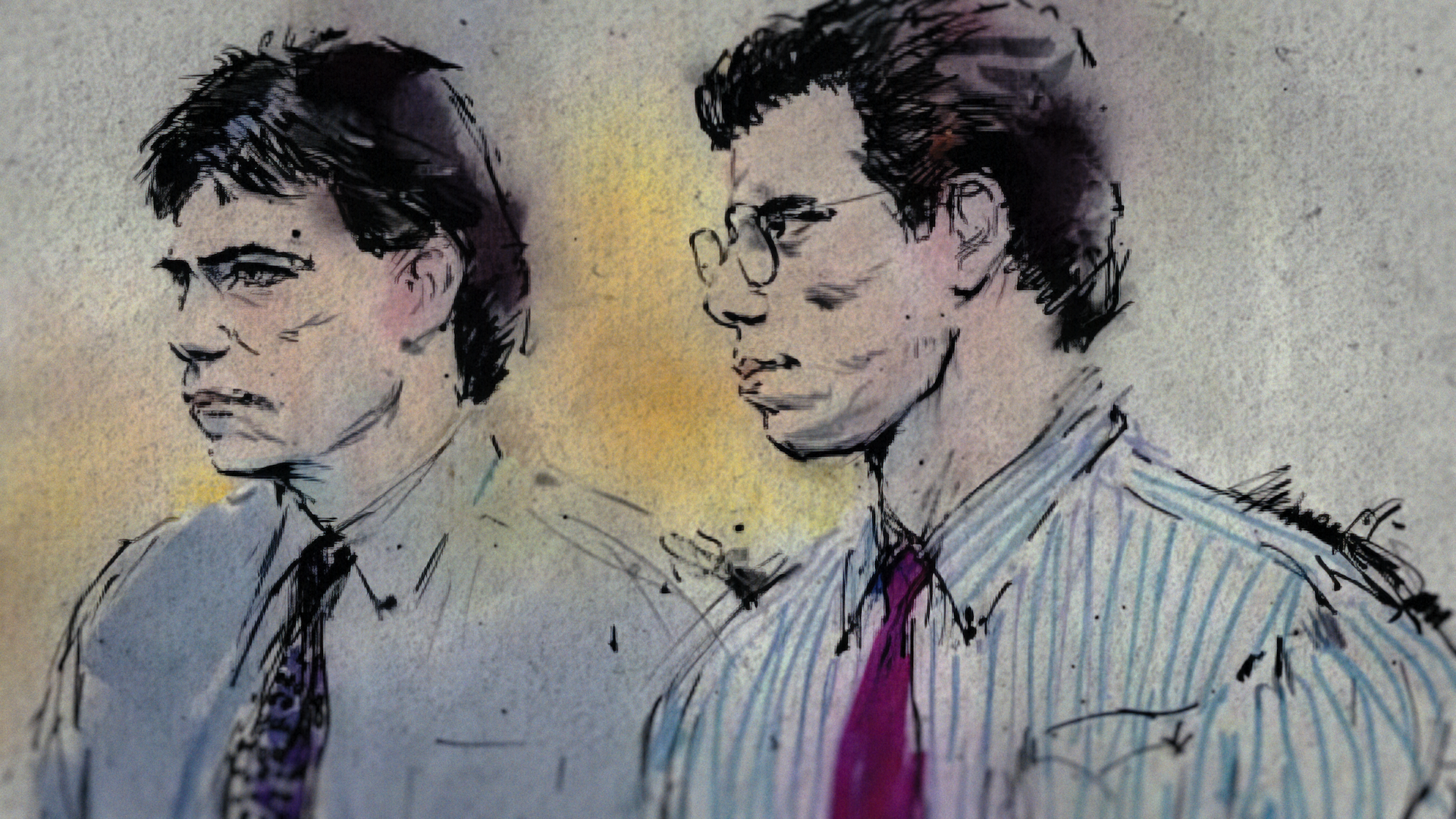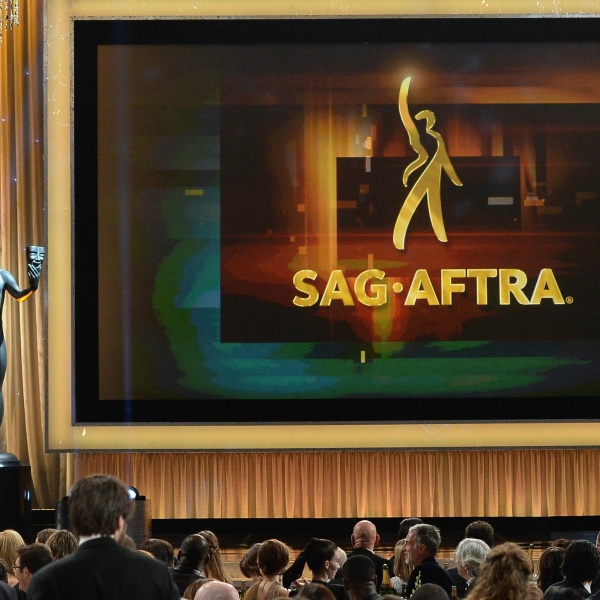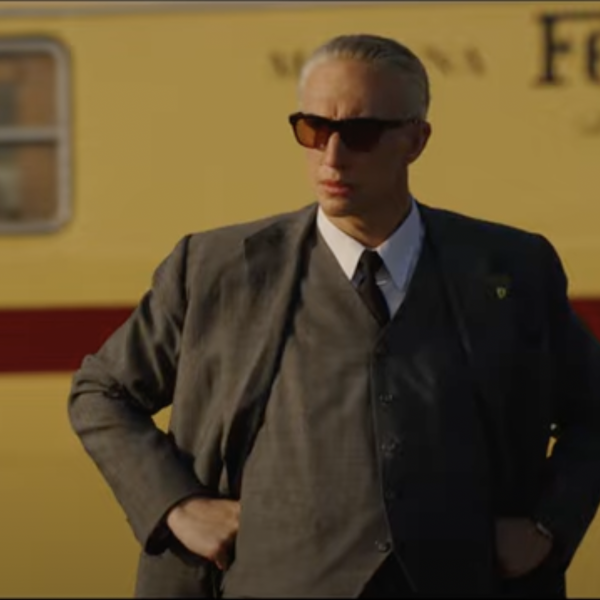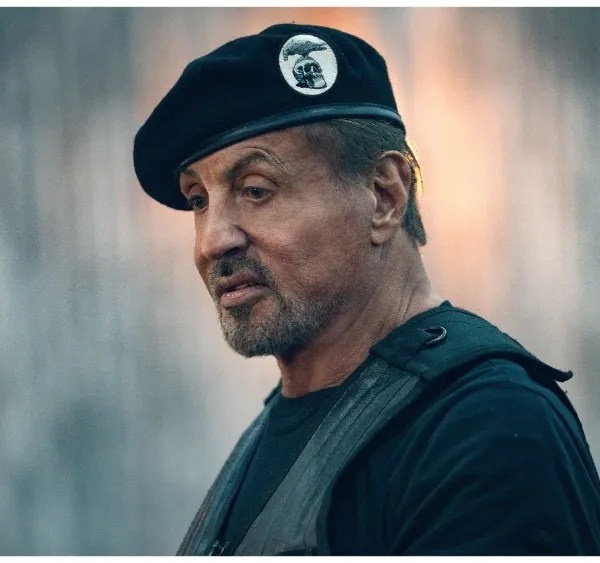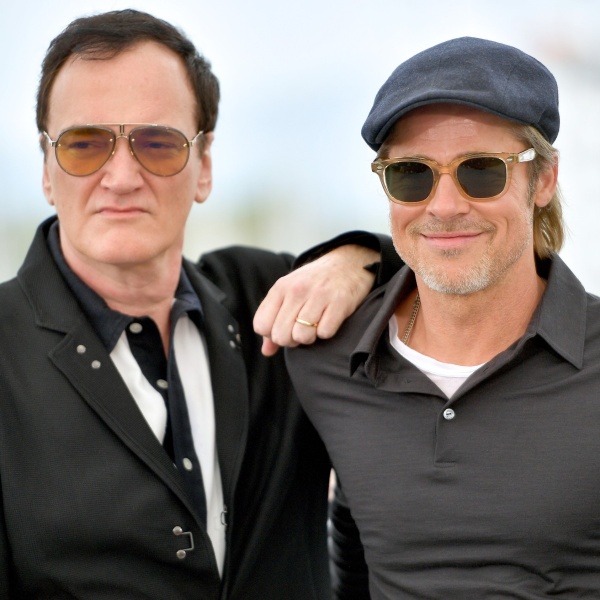With Netflix still experiencing a staggering response to “Monsters: The Lyle and Erik Menendez Story,” the streamer dropped another title on the same subject: “The Menendez Brothers,” a documentary directed by Alejandro Hartmann and featuring exclusive interviews with Lyle and Erik from prison.
Viewers familiar with the life and trials of Lyle and Erik Menendez will hear familiar recollections of old headlines; about the night they murdered their parents in 1989, the spending spree they went on before getting arrested, the dual trial and hung juries, and the allegations of abuse in their home. Hartmann and his team collected over 20 hours of interviews with the Menendez brothers while they serve life sentences in federal prison, as well as new interviews with family members, reporters, jury members, and lead prosecutor on the first trials, Pam Bozanich.
And though the documentary feature doesn’t contain jaw-dropping revelations (“So much hasn’t been told,” Erik says at the beginning), it adds dimension to the brothers’ story that can only come from their own accounts or from those close to them, whether they spoke at the original trials, during the intervening decades, or never before. Their infamous murder conviction and life sentence continues to shock people after more than three decades while the two men await a decision that may set them free.
Here are five major pieces of “The Menendez Brothers,” now streaming on Netflix.
1. Pam Bozanich
The young prosecutor who led the case against Lyle and Erik at their first trials had a small part in Ryan Murphy’s take on the story, played by Milana Vayntrub. The real Bozanich gave extensive interviews for this documentary, from early accounts of the crime to her experience from the courtroom. She shares facts from behind-the-scenes of the murder investigation before Lyle and Erik’s arrest, then goes on to drop sound bites like “If I told you what I really thought of Leslie Abramson, I would be sued” and calling the brothers’ defense “fabricated” (she likens them to “poisonous potted plants”). Bozanich said the only reason she’s involved in the documentary is for Kitty, who was “treated like a doormat by her husband and sons and… slaughtered like an animal in her own home.”
2. The Brothers Speak
Erik and Lyle Menendez weigh in on every piece of their story with three decades of hindsight. While the on-camera interview subjects talk through many previously shared thoughts and opinions, the brothers add commentary to every piece of the story. They elaborate on their emotional state after the murders (during the notorious shopping spree) — including Erik’s suicidal ideation and Lyle feeling lost without his father controlling his life — and on pivotal moments in their relationship that took place after the murders, like Lyle’s 17-page letter to Erik in county jail and when Lyle apologized to his brother for the first time, in the courtroom.
The brothers speak almost fondly of their parents (in fact, it’s Bozanich who calls José “an awful man” without hesitation). Erik describes missing his mother and wanting to tell her he loves her. “I wanted her to love me and be with me and be happy that I was her son, and feel that joy and that connection.” Both men recall the awe inspired by their father, whom they idolized and feared, and though it’s hard for them to praise him, they don’t disparage him either. They describe both the abuse and murders with something akin to third-party horror.

3. The Psychiatrists
While “Monsters: The Lyle and Erik Menendez Story” spotlights Dr. Jerome Oziel (Dallas Roberts), two other mental health professionals were critical to the case and to the brothers’ eventual testimony and interviewed for “The Menendez Brothers”: Dr. William Vicary (Gil Ozeri in the limited series) and Dr. Ann Burgess. Burgess asked Erik to draw a lot of what was in his mind, while Vicary spent weeks with chipping away at the family story with his patient. Erik described Vicary as “kind, compassionate, and gentle,” while Lyle dismisses Oziel as unprofessional and not a real therapist (he agreed to disclose all of teen Erik’s sessions to his father, a blatant violation of patient confidentiality).
4. The Changing Times
There’s a lot that’s tough to stomach in rehashing the Menendez story — but it’s particularly sickening to see archival footage from during the trials and how the wider culture responded to childhood sexual abuse allegations. Reporters, comedians, and late night hosts treat it like any other headline open to commentary, and a lot of that doesn’t age well. As noted in the doc, the Menendez brothers were also easy targets for public scrutiny with their wealth and privilege.
Lyle in particular describes the way he and Erik have healed since reuniting in prison, and how nearly two decades after their conviction they witnessed shifting cultural tides. There is a clip of an Oprah Winfrey special in which she spotlighted male survivors of childhood sexual abuse, sixteen years after Lyle’s original testimony. He said he began to receive letters from survivors and became a confidante for fellow inmates who experienced the same.
5. The TikTok Dismissal
It may disgust both Pam Bozanich and Leslie Abramson to know that they have something in common, and that’s the way they view technology and teenagers — two things that caused a surge in interest and sympathy for the Menendez brothers since 2020. In a statement to the filmmakers, Abramson said she would like to leave the past in the past, and that “teenage petitions”don’t make a difference in the face of the courts while they are incontrovertibly shaping public opinion. Bozanich scorned the online movements as well, noting that her home is “filled with guns” in case any TikTokkers try to show up there.
